| Book Name: | [PDF] Modern Analytical Chemistry by David T Harvey |
| Category: | Analytical Chemistry |
| Free Download: | Available |
Modern Analytical Chemistry by David T Harvey As currently taught, the introductory course in analytical chemistry emphasizes quantitative (and sometimes qualitative) methods of analysis coupled with a heavy dose of equilibrium chemistry. Analytical chemistry, however, is more than equilibrium chemistry and a collection of analytical methods; it is an approach to solving chemical problems. Although discussing different methods is important, that discussion should not come at the expense of other equally important topics. The introductory analytical course is the ideal place in the chemistry curriculum to explore topics such as experimental design, sampling, calibration strategies, standardization, optimization, statistics, and the validation of experimental results. These topics are important in developing good experimental protocols, and in interpreting experimental results. If chemistry is truly an experimental science, then it is essential that all chemistry students understand how these topics relate to the experiments they conduct in other chemistry courses.
Currently available textbooks do a good job of covering the diverse range of wet and instrumental analysis techniques available to chemists. Although there is some disagreement about the proper balance between wet analytical techniques, such as gravimetry and titrimetry, and instrumental analysis techniques, such as spectrophotometry, all currently available textbooks cover a reasonable variety of techniques. These textbooks, however, neglect, or give only brief consideration to, obtaining representative samples, handling interferents, optimizing methods, analyzing data, validating data, and ensuring that data are collected under a state of statistical control. In preparing this textbook, I have tried to find a more appropriate balance between theory and practice, between “classical” and “modern” methods of analysis, between analyzing samples and collecting and preparing samples for analysis, and between analytical methods and data analysis. Clearly, the amount of material in this textbook exceeds what can be covered in a single semester; it’s my hope, however, that the diversity of topics will meet the needs of different instructors, while, perhaps, suggesting some new topics to cover. The anticipated audience for this textbook includes students majoring in chemistry, and students majoring in other science disciplines (biology, biochemistry, environmental science, engineering, and geology, to name a few), interested in obtaining a stronger background in chemical analysis. It is particularly appropriate for chemistry majors who are not planning to attend graduate school, and who often do not enroll in those advanced courses in analytical chemistry that require physical chemistry as a pre-requisite. Prior coursework of a year of general chemistry is assumed. Competence in algebra is essential; calculus is used on occasion, however, its presence is not essential to the material’s treatment.
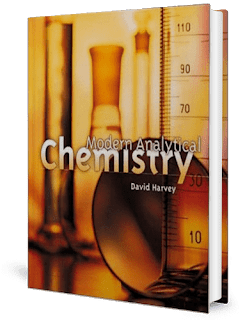
Modern Analytical Chemistry by David T Harvey
| Title: | Modern Analytical Chemistry |
| Editor: | David T Harvey |
| Edition: | 1 |
| Publisher: | McGraw Hill Education |
| Length: | 816 pages |
| Size: | 5.17 MB |
| Language: | English |
Book Contents
Introduction
Basic Tools of Analytical Chemistry
The Language of Analytical Chemistry
Evaluating Analytical Data
Calibrations, Standardizations, and Blank Corrections
Equilibrium Chemistry
Obtaining and Preparing Samples for Analysis
Gravimetric Methods of Analysis
Titrimetric Methods of Analysis
Spectroscopic Methods of Analysis
Electrochemical Methods of Analysis
Chromatographic and Electrophoretic Methods
Kinetic Methods of Analysis
Developing a Standard Method
uality Assurance
Modern analytical chemistry
Author(s): David T Harvey
Publisher: McGraw-Hill Science/Engineering/Math, Year: 1999
ISBN: 9780072375473
Related More Books
Thanks For Visiting Our Website https://www.freepdfbook.com To Support Us, Keep Share On Social Media.









![[PDF] Draw Buildings and Cities in 15 Minutes Draw Buildings and Cities in 15 Minutes pdf](https://www.freepdfbook.com/wp-content/uploads/2021/06/Draw-Buildings-and-Cities-in-15-Minutes-218x150.jpg)








![[PDF] Digital Image Processing An Algorithmic Introduction Using Java Digital Image Processing An Algorithmic Introduction Using Java](https://www.freepdfbook.com/wp-content/uploads/2022/06/Digital-Image-Processing-An-Algorithmic-Introduction-Using-Java.jpg)
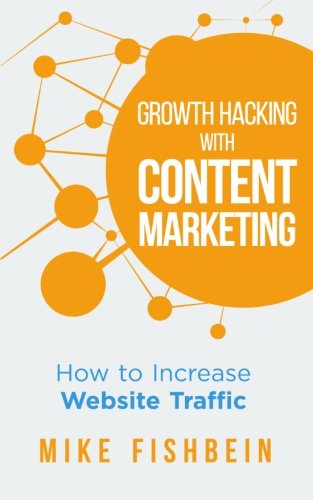
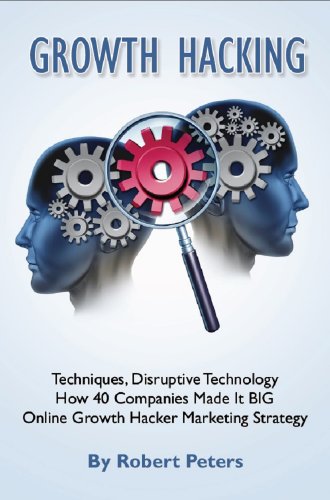

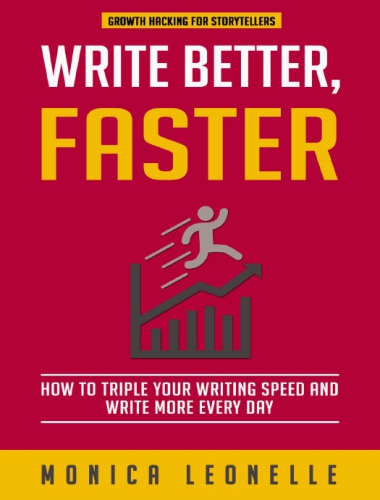
![[PDF] 43 Years JEE ADVANCED + JEE MAIN Chapterwise & Topicwise Solved Papers 43 Years JEE ADVANCED (1978-2020) + JEE MAIN Chapterwise & Topicwise Solved Papers Physics PDF](https://www.freepdfbook.com/wp-content/uploads/2022/03/43-Years-JEE-ADVANCED-1978-2020.jpg)

![[PDF] Problems in Physical Chemistry for JEE (Main & Advanced) Problems in Physical Chemistry for JEE (Main & Advanced) Free PDF Book Download](https://www.freepdfbook.com/wp-content/uploads/2022/03/Problems-in-Physical-Chemistry-for-JEE-Main-Advanced.jpg)
![[PDF] Engineering Physics (McGraw Hill)](https://www.freepdfbook.com/wp-content/uploads/2021/05/bafc8c2685bb6823a9c56134f7fba5df.jpeg)
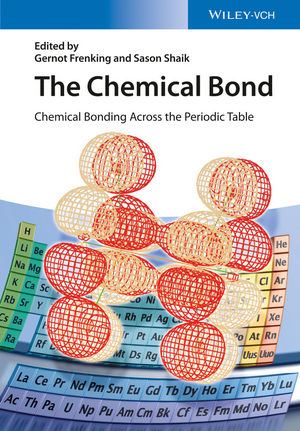
![[PDF] Engineering Chemistry By Shashi Chawla](https://www.freepdfbook.com/wp-content/uploads/2022/05/Theory-And-Practicals-of-Engineering-Chemistry-By-Shashi-Chawla-free-pdf-book.jpeg)
![[PDF] Chemistry: An Introduction to Organic, Inorganic & Physical Chemistry Chemistry: An Introduction to Organic, Inorganic & Physical Chemistry](https://www.freepdfbook.com/wp-content/uploads/2022/04/Chemistry-An-Introduction-to-Organic-Inorganic-Physical-Chemistry.jpg)
![[PDF] Essentials of Physical Chemistry Essentials of Physical Chemistry Free PDF Book by Bahl](https://www.freepdfbook.com/wp-content/uploads/2022/04/Essentials-of-Physical-Chemistry-bahl.jpg)
![[PDF] Biological control of plant-parasitic nematodes: soil ecosystem management in sustainable agriculture Biological control of plant-parasitic nematodes: soil ecosystem management in sustainable agriculture](https://www.freepdfbook.com/wp-content/uploads/2022/05/Biological-control-of-plant-parasitic-nematodes-soil-ecosystem-management-in-sustainable-agriculture.jpg)
![[PDF] Human Anatomy: Color Atlas and Textbook Human Anatomy: Color Atlas and Textbook Free PDF Book](https://www.freepdfbook.com/wp-content/uploads/2022/05/Human-Anatomy-Color-Atlas-and-Textbook.jpg)
![[PDF] Concepts of Biology Book [Free Download]](https://www.freepdfbook.com/wp-content/uploads/2022/05/Concepts-of-Biology.jpg)
![[PDF] Essentials of Biology [Free Download] Essentials of Biology Free PDF BOok Download](https://www.freepdfbook.com/wp-content/uploads/2022/05/Essentials-of-Biology-Free-PDF-Book-Downlaod.jpg)
![[PDF] Human Biology Book [Free Download]](https://www.freepdfbook.com/wp-content/uploads/2022/05/PDF-Human-Biology-Book-Free-Download.jpg)